GEOSTOR
Submarine carbon dioxide storage in geological formations of the German North Sea
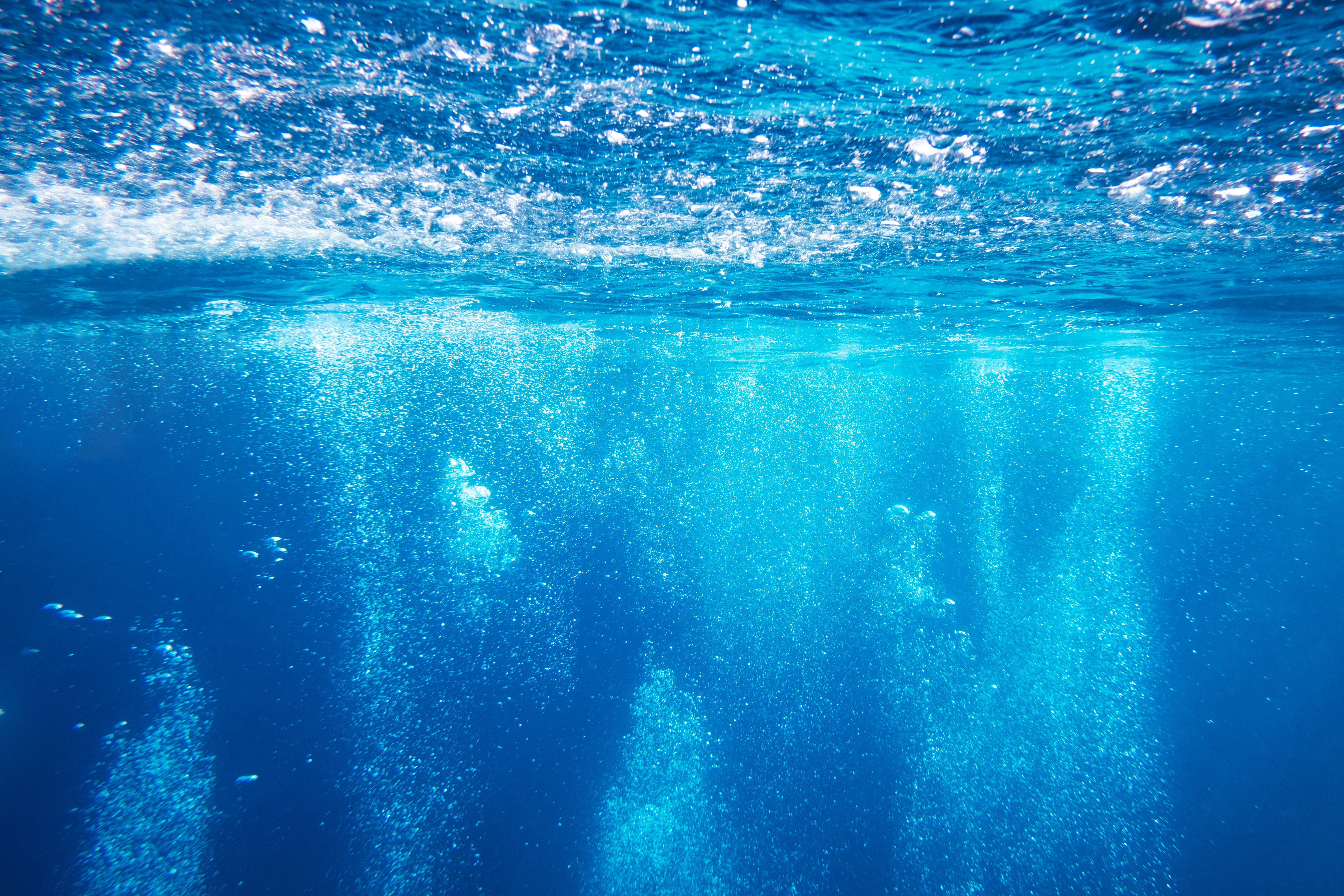
The Project Geostor I
Submarine carbon dioxide storage in geological formations of the German North Sea
Climate change is one of the greatest challenges of our time. Governments and societies must act to mitigate it. To this end, man-made carbon dioxide (CO2) emissions must be reduced. An important contribution to this reduction can be made by carbon capture and storage (CCS). This involves capturing CO2 directly at industrial plants and injecting it deep underground in so-called “storage formations”. Suitable storage formations are sandstones in the deep underground of the North Sea.
With the existing storage capacity and technical feasibility, the focus is therefore shifting to the social acceptance of CCS projects. To increase social acceptance, the safe, long-term and sustainable implementation of CCS projects must be guaranteed.
Against this background, the GEOSTOR project is expanding the data basis and infrastructure for the real-time monitoring of underwater CCS projects. In its first phase, between August 1st, 2021 and July 31st, 2024, the GEOSTOR project reassessed the static storage capacity of the entire German North Sea, calculated the storage capacities of two selected formations, evaluated potential risks and mechanisms, recorded possible environmental impacts and developed new, environmentally friendly methods for real-time monitoring of storage formations. Additionally, the project identified possible conflicts from an ecological, technical, legal and economic perspective and developed solution strategies. The GEOSTOR project was accompanied by an advisory board consisting of responsible authorities, potential operators and users from the industry. The advisory board discussed implementation options and a timetable for a possible pilot test.
Five central maritime use cases will be considered over the course of the project, from 1 January 2022 to 31 December 2024: Internet of Underwater Things (IoUT), Offshore Wind Energy, Munitions in the Sea, Biological Climate Protection, and Critical Infrastructure:
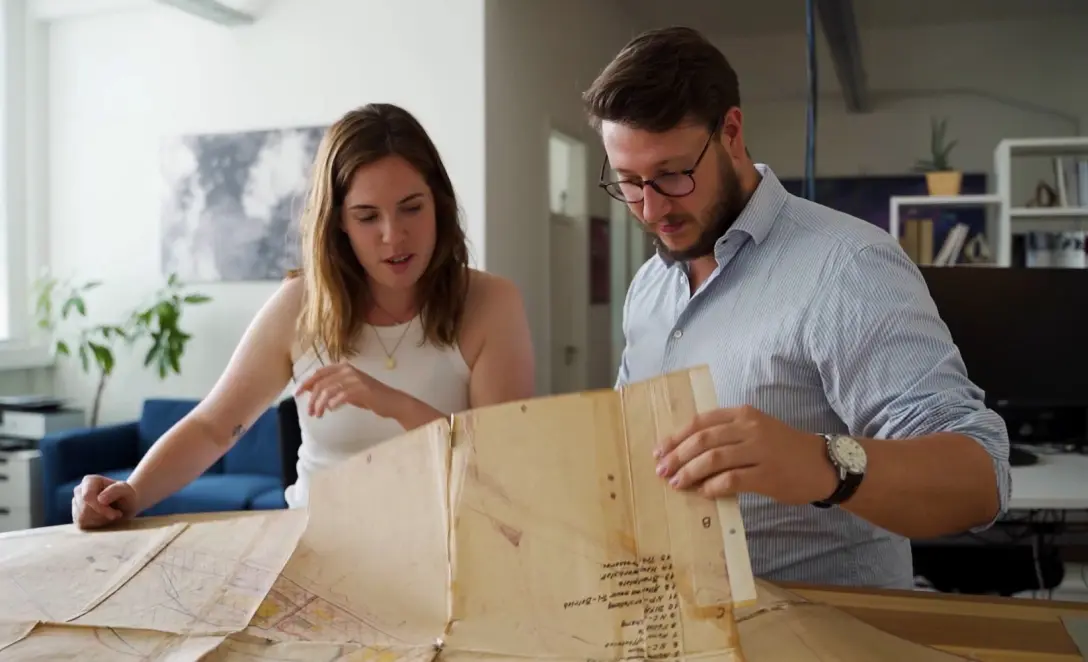
Project Specs
- Timeframe: August 1, 2021 - July 31, 2024
- Funding: €5.3 million
- Goal: GEOSTOR is expanding the data basis and infrastructure for the real-time monitoring of underwater CCS projects.
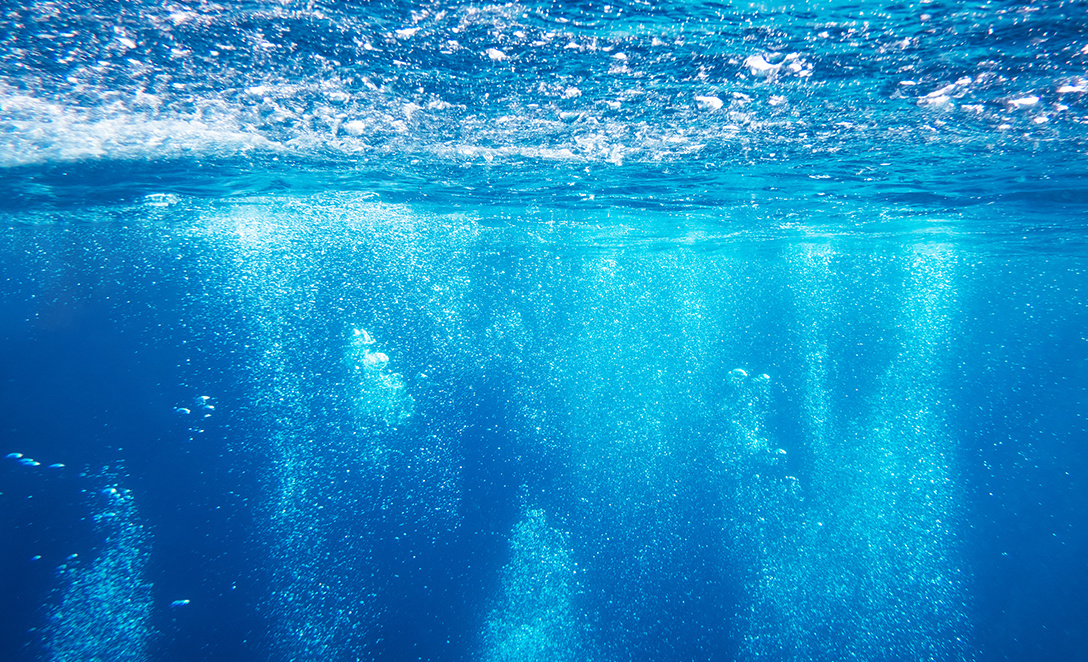
Project Summary
The GEOSTOR project focuses on expanding data and infrastructure for real-time monitoring of underwater carbon capture and storage (CCS) projects. It reassesses storage capacities, evaluates risks, and develops environmentally friendly monitoring methods. The project addresses ecological, technical, legal, and economic conflicts, providing solution strategies. Led by GEOMAR, with north.io’s involvement, it uses seismological monitoring to detect leaks in storage formations. North.io develops methods for analyzing earthquake signals and manages data storage, enhancing risk assessment and effectiveness of CO2 storage. The project aims to ensure safe, long-term, and sustainable CCS implementation.
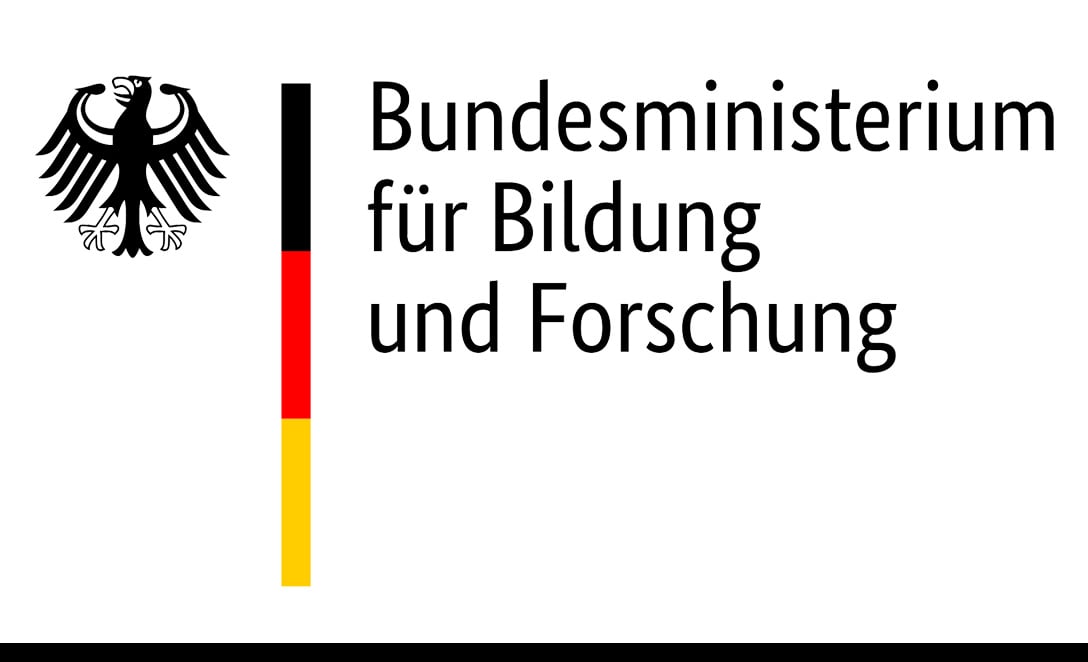
Funding
Funded through the German Federal Ministry of Education and Research (BMBF).
Our Contribution
Led by the GEOMAR – Helmholtz-Centre for Ocean Research Kiel, north.io GmbH was involved in the sub-project for seismological monitoring. Seismological monitoring uses weak earthquake signals triggered by migrating CO2 in the subsurface to detect leaks in the storage formations in near real time. To this end, north.io GmbH has developed processing and calculation methods to analyse the earthquake signals comprehensively, and time- and cost-efficiently. The focus of the method development was on online data storage in the cloud and the use of artificial intelligence to be prepared for constantly growing data volumes and long-term monitoring. This new approach enables operators and supervisory authorities to better assess the risks, success and effectiveness of CO2 storage deep underground.
The GEOSTOR project will continue in a second phase, starting in fall 2024. North.io will organise the data management and provide and further develop a user-friendly, web-based interface for data visualisation and automated reporting. The aim is to provide a secure and transparent tool for monitoring CCS projects over long periods of at least 25+ years. Such instruments will significantly promote the social acceptance of CCS projects in Germany.
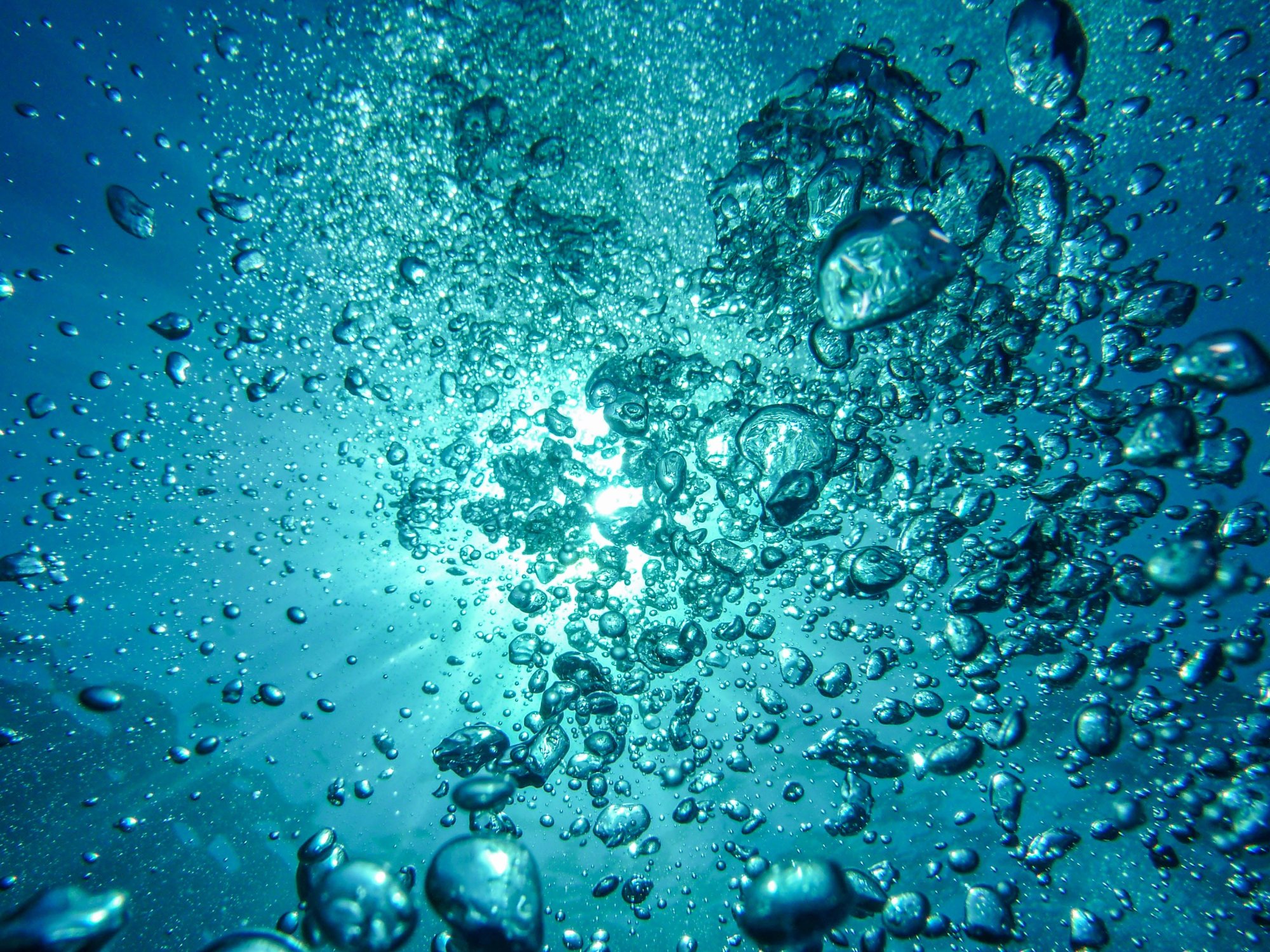
Project Partners Geostor I

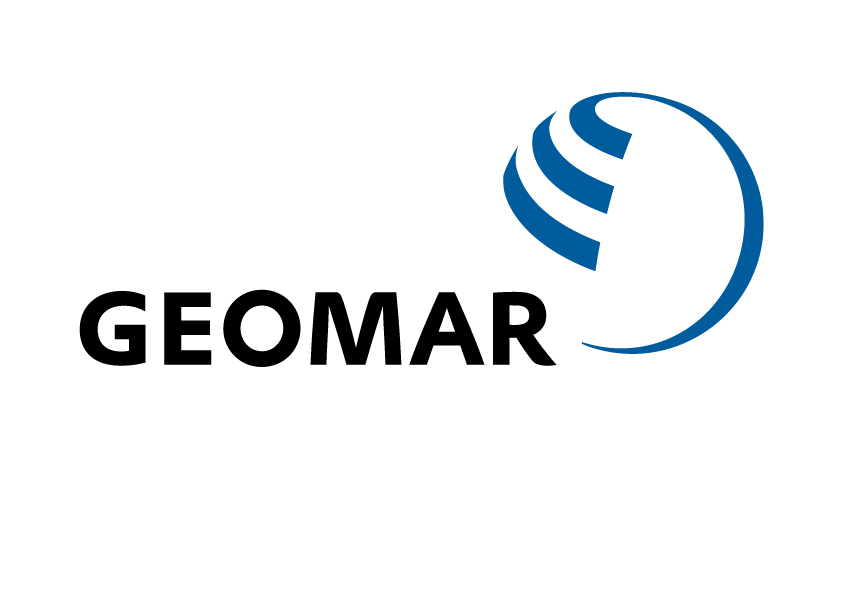







Project Partners Geostor II

Prof. Dr. Klaus Wallmann
Dr. Matthias Haeckel
Dr. Christian Deusner
PD Dr. Mark Schmidt
Kristin Hamann

Prof. Dr. Sebastian Bauer
Dr. Firdovsi Gasanzade
Prof. Dr. Frank Wuttke
Dr. Christian Weidle
Prof. Dr. Thomas Meier

Prof. Dr. Ingrid Kröncke
Sponsors
Federal Ministry of Education and Research Free Hanseatic City of Bremen
Ministry of Science, Research and Equal Opportunities and Districts - Hamburg
WMinistry of Science and Culture of Lower Saxony Mecklenburg-Western Pomerania
Ministry of Education, Science and Culture - Schleswig-Holstein